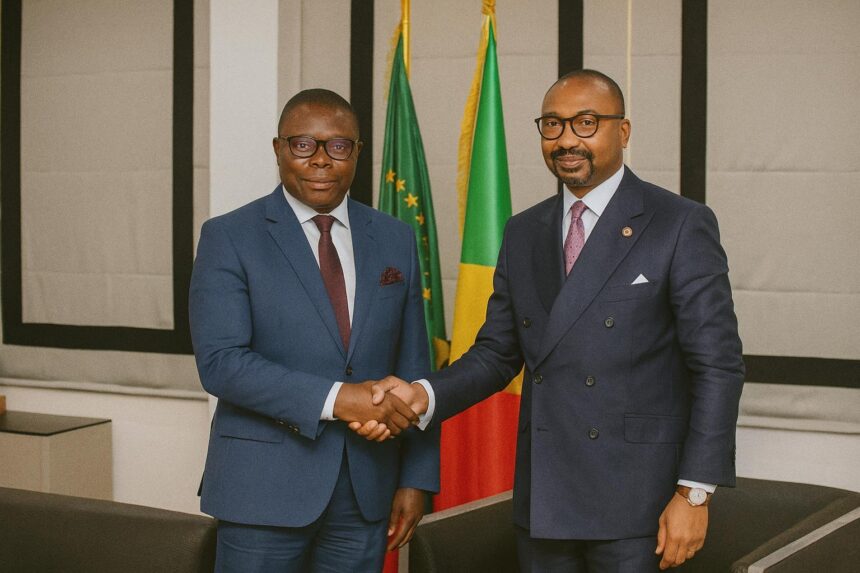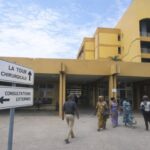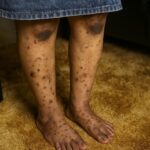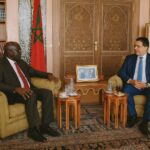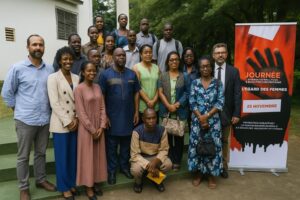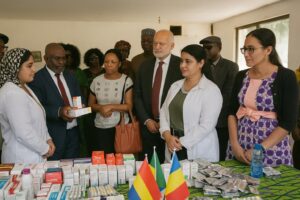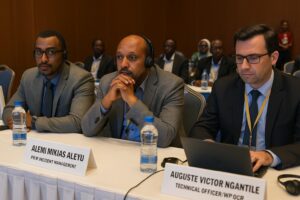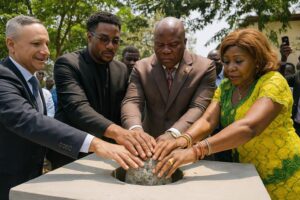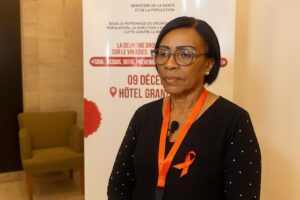A diplomatic rendez-vous for public health
In the hushed corridors of the Ministry of International Cooperation, the recent audience granted to Dr Vincent Dossou Sodjinou, the World Health Organization’s Resident Representative, was anything but routine. The encounter with Minister Denis Christel Sassou Nguesso crystallised a shared conviction: that the resilience of Congo-Brazzaville’s health system will increasingly hinge on robust primary care delivered as close as possible to the citizen. According to interlocutors present, the discussion was expansive, ranging from financing models to the optimisation of community health workers, all under the broader banner of universal health coverage (WHO 2024).
Primary care as a cornerstone of resilience
Congo-Brazzaville has in recent years multiplied its investments in hospital infrastructure, from the Kintélé General Hospital on the outskirts of Brazzaville to modern referral centres in the hinterland. Yet international best practice indicates that specialised facilities achieve their full potential only when anchored in a continuum that begins with strong local dispensaries (Lancet, April 2024). Dr Sodjinou evoked this ‘pyramid of care’, arguing that primary facilities are the strategic frontline in preventing outbreaks of malaria, tuberculosis and haemorrhagic fevers that still weigh on the national disease burden.
The WHO playbook: district revitalisation
In a gesture rich in symbolism, the WHO envoy placed on the minister’s desk a concise blueprint entitled “Revitalisation of Health Districts”. The document sets out actionable steps—ranging from supply-chain digitalisation to the professionalisation of health-centre management—to align Congo-Brazzaville with the 2030 Sustainable Development Goals. Similar frameworks have yielded tangible results in Rwanda and Ghana, where childhood immunisation rates now exceed 90 percent (UNICEF 2023). Congo’s current rate, estimated at 71 percent, is therefore viewed not as a constraint but as an opportunity for swift progress.
Financing ingenuity and public-private leverage
While domestic allocations to health rose from 6.3 to 8.1 percent of total government expenditure between 2020 and 2023 (World Bank 2023), resource gaps persist, particularly in remote districts intersected by the Congo River and its tributaries. The minister, whose portfolio includes public-private partnerships, stressed the latitude offered by South-South cooperation and impact-investment vehicles. Pharmaceutical distribution hubs already operated by regional firms in Pointe-Noire could, he noted, be scaled to include essential medicines for primary care, thereby shortening delivery lead times in the northern departments.
Digital health and local talent retention
Both parties converged on the imperative of nurturing Congolese medical talent. Brain drain remains a regional concern: an estimated 28 percent of Central African physicians practise abroad (AFRO Research Network 2022). The government’s scholarship scheme, coupled with WHO technical mentorship, aims to reverse that tide by integrating tele-expertise platforms into district clinics. Such tools, already piloted in the Pool Department during the COVID-19 pandemic, enable rural nurses to confer in real time with specialists at the University Hospital of Brazzaville, reducing referral delays and strengthening clinical confidence.
A calibrated response to emerging threats
Climate variability and cross-border mobility are increasing the probability of zoonotic spill-overs in the Congo Basin, the second-largest tropical rainforest in the world. Against that backdrop, primary health centres are expected to function as epidemiological sentinels, reporting anomalies within forty-eight hours. The WHO representative underlined the compatibility of Congo’s national contingency plans with the International Health Regulations amended in 2022, praising the Ministry of Health for its swift information-sharing during recent yellow fever alerts (AFRO Weekly Update, May 2024).
Diplomatic dividends and the road ahead
Observers in Brazzaville’s diplomatic community note that the renewed WHO-Congo alignment transcends the health domain, positioning the country as a constructive player in multilateral arenas. Hosting the WHO Regional Office for Africa already confers a certain convening power; translating that capital into measurable gains for local populations could reinforce Congo-Brazzaville’s credibility within the African Union’s New Public Health Order. In the measured words of Dr Sodjinou, “strong primary care is not only a medical necessity; it is a sovereign investment in national stability.”
With preparatory work now underway to cost the district revitalisation plan, stakeholders expect pilot implementation to commence before the end of the fiscal year. For a nation that has weathered oil-price shocks and pandemic turbulence with relative macroeconomic poise, the prospect of a fortified, community-centred health architecture offers both social dividends and a renewed narrative of resilience.

